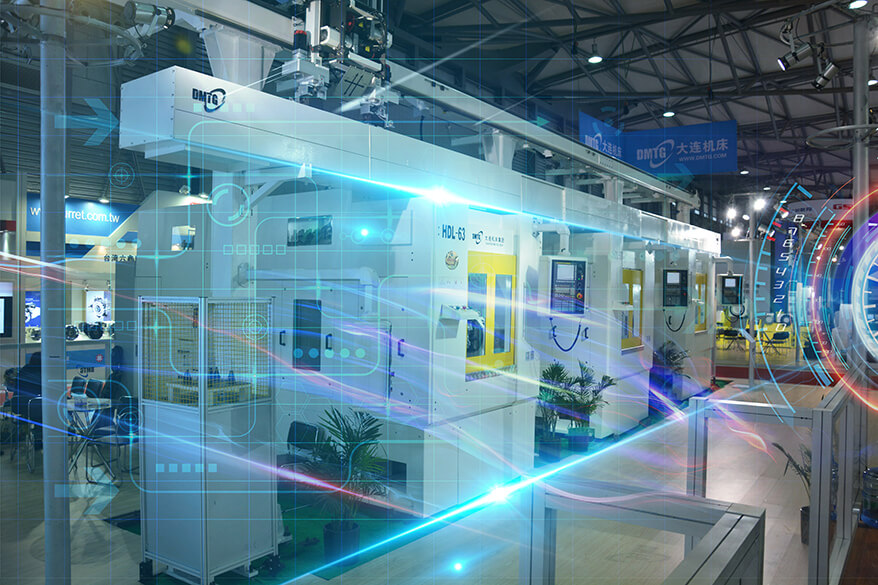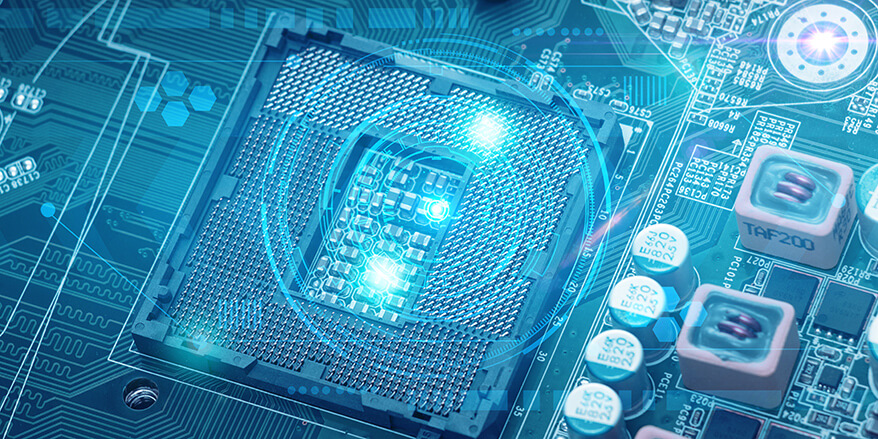Lithium-Ion Double-A Rechargeable Batteries
Jun 24, 2019 Pageview:1197
The portable electronic devices that we know of today mostly make use of AA batteries. First of all, AA batteries consist of distinct electrochemical cells that may likely be disposable, i.e., a primary battery or better still, a rechargeable battery.
The capacity, as well as the exact terminal voltage of an AA-sized battery solely, relies on its cell chemistry. Nonetheless, devices that have been structured for AA will take roughly 1.5V unless they were directly specified by the manufacturer.
Also, AA batteries were brought into existence as far back as 1907, and its size was standardized by ANSI; American National Standards Institute in the year 1947.
The lithium double A batteries have been used in not only flashlights but electrical novelties as well before its standardization became formal.
One thing to note is that IEC and ANSI battery nomenclature offers diverse designations for cells that have this size, although it still depends on the chemistry and features of the cell.
Lithium Ion AA Battery Introduction
Also known as double A or its French name dubbed Mignon battery. The AA battery is a distinct cell cylindrical dry battery that has a standard size. For IEC 60086, they call it size R6 and for ANSIC18, it is called size 15.
Based on history, double A batteries are known as standard power seven, i.e., SP7 or high power seven i.e.HP7 in the formal documentation in the UK (United Kingdom). The most common type of battery you can find in the market are all AA.
These batteries are basically dry cells that have been actually made with an electrolyte that is kept in a paste. For those who are unaware, the electrolyte is a solution used in conducting electricity.
Whenever it is under a load, a rod, or mostly a thin rod that is positioned inside the battery reacts with the paste to generate a voltage. The lithium AA batteries are roughly three volts while the rechargeable lithium batteries are 3.6V.
For AA batteries like nickel Metal hydrides and nickel cadmium, they are rechargeable and are roughly 3.6 and 1.2 volts respectively.
Lithium Ion AA Battery Chargers
For the charging of lithium AA batteries, the battery needs chargers that will aid in replenishing its power from batteries that have been drained or probably depleted. If you did not know, it is great that you know now that batteries can be drained:
· During use, or;
· While the device is idle
The batteries can be drained while it is idle as a result of the fact that every battery discharge little bits of their power continuously, even if they are in use or not in use.
Nonetheless, there are two types of battery chargers available in the market today. Type here means the process of charging the batteries function with. They are two major types which include:
· Timer Control Battery Chargers
Similar to its name, the timer controls the battery charger functions with a shut-off timer that functions automatically. This means that it is pre-determined and created during its manufacturing.
There are diverse charging times for various chargers' range. There are chargers that charge for about four hours and some others charge for twenty-seven hours.
However, it does not matter how long the batteries are charged; the main point to note from this is that they automatically stop charging at its pre-set time. These battery chargers are inexpensive.
Even though they are inexpensive, all they majorly do is to charge the batteries that are connected to them in an amount of time that is actually non-negotiable. This implies that every battery inside of it gets the same treatment or charge amount.
If you are wondering what happens next when batteries:
· Demand less or more?
· Are used for just a little bit and only demands little topping off?
· Are almost dead during the period of charge if they are charged for about fifteen hours
The answer is that some of the batteries turn out to be overcharged and others have remained undercharged instead. The batteries that are overcharged are completely ruined and ready to be disposed of.
Those that are undercharged are not ruined, but they will surely not give the battery the running time they meant to deliver. Within time, they will have to be charged once more.
· Smart Or Intelligent Chargers
The most intriguing part about the smart charger is that the chargers are actually smart in the real sense of the word. These chargers are capable of treating every battery placed in it.
What this means is that the batteries receive charge up to the degree that it adequately requires.
While one battery may be partially full and need to be replenished by half, another battery in the charger can be about ? empty and need to receive about ? to top up the power.
While it costs more than the timer control charger, none of the lithium AA batteries can be overcharged or undercharged in one. The higher price will be greatly absorbed by the battery preservation it gives to users.
With a smart or better still, an intelligent battery charger, your whole battery inventory cannot be at risk for any form of ruin with a smart battery charger.
Rechargeable lithium ion battery Applications
The lithium AA batteries are first of all rechargeable batteries wherein lithium is in its genuine ion compound form.
Relying on the structure as well as chemical compound utilize, the lithium AA batteries can generate voltages that are from 1.5 volts up to 3.7 volts.
Also, the most common type of lithium AA battery that is being used in consumer applications makes use of manganese dioxide like metallic and cathode lithium as an anode.
When compared to the ordinary zinc-carbon batteries, the voltage generation of lithium cell is two times greater than them.
To Wrap It Up
The lithium AA batteries have been designed to last for a long while, and they can be found in radios, clocks and remote controls. Its high run time has made it ideal for handheld games, mp3 players, and digital cameras.
- Prev Article: How to Revive a Dead Lithium Battery?
- Next Article: How to Make LiPo Battery Charger?
Leave Message
Hottest Categories
-
Hottest Industry News
-
Latest Industry News












